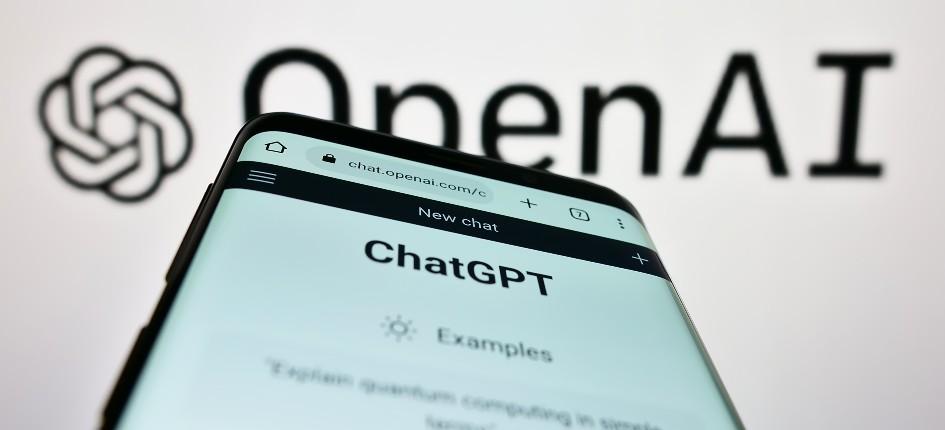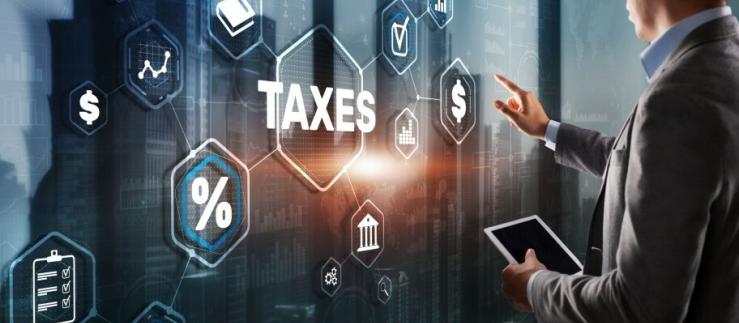Expert on all subjects?
In the presentation below, you will find a detailed breakdown of our questions, ChatGPT’s answers and our comments on them. All in all, we must admit that the chatbot surprised us with the quality of its answers. It appears pleasantly – or deceptively – human, depending on how you look at it.
The competence that ChatGPT exudes with its polished language and sometimes slightly lecturing tone can easily lull one into a false sense of security. When using a conventional search engine, the user receives a series of answers and can select the one that best suits his or her situation. ChatGPT, on the other hand, tries to select the information most likely relevant based on what is available and then presents it as the (definitive) answer. No indication of the reliability of the information is provided. However, the chatbot does always recommend consulting with local customs authorities or an expert. Still…
Special circumstances, unknown situations and incomplete questions
What if you have an atypical situation, but this isn’t clear from the description provided? Then you’ll receive a wrong answer. Sometimes the data that ChatGPT references is also incomplete, questionable or contains false information. Here, too, the answer will be incorrect, and you will not be able to verify the legitimacy of the source (unless you ask the chatbot about it in a follow-up question).
In one instance, when we inquired about registering goods for sea freight to Egypt, for example, there was no mention of the mandatory ACID number, which is required for importing goods. Failure to provide it may result in the shipment being rejected. In another example, information was also incomplete when we asked about the value-added tax regulations for a Swiss company making a direct shipment from Germany to Austria. The answer was missing the additional details needed on the invoice.
The more precisely you formulate the question, the more precise the answer will be. If you describe a situation only broadly (as you would for a search engine), you will notice that ChatGPT seems to have more trouble grasping the question than interpreting the information it uses to compile its answers. When you enter “Export of HS code 8506. 90 from Switzerland to Russia”, the program explains what the code means. However, the implied question of how to proceed in this case remains unanswered.
Historical source data and current answers
It is also very important to be aware that ChatGPT was trained with data only up to September 2021. Therefore, anything more recent than that is not considered in the answers. For example, ChatGPT did not “know” about the products currently being sanctioned for export to Russia from Switzerland. This, of course, is absolutely unsatisfactory, especially with regard to export management, where you always have to be up to date. In the future, we will see how quickly the chatbot can incorporate current events into its responses.
At the moment, for the reasons above, we recommend (still) critically questioning ChatGPT’s answers, and as it suggests, consulting with experts if there are any uncertainties.







